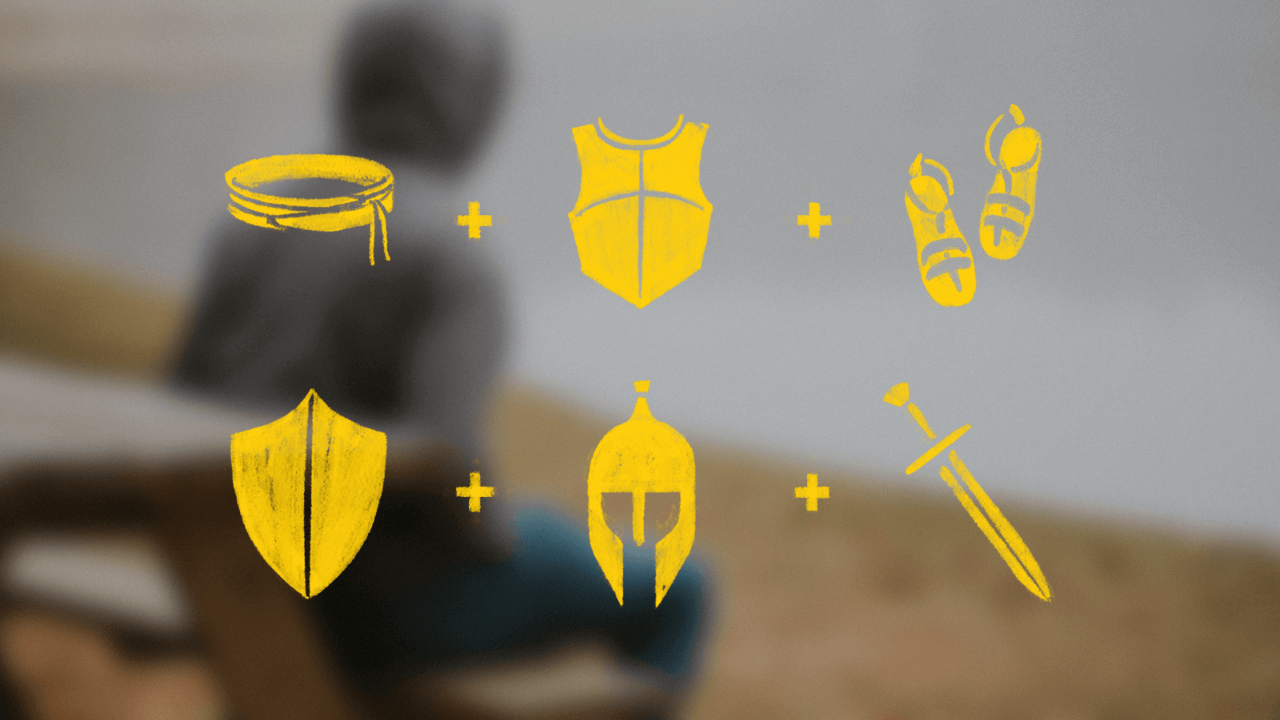An armor bearer plays an important role in both historical and modern contexts, particularly in religious settings, military organizations, and some leadership environments. In church ministries, the armor bearer is known for their supportive role, often assisting leaders by providing physical, emotional, and spiritual support. This position, though not always formal, plays a significant part in ensuring that leaders can focus on their tasks and responsibilities. In this article, we will explore what an armor bearer does, especially in the context of ministry, and how they serve those they support.

Providing Physical Support to Leaders
One of the main duties of an armor bearer is to provide physical support to their leader. In a church ministry or leadership setting, this can involve helping with logistics, preparing for events, or ensuring that the leader has everything they need to carry out their responsibilities. Whether it’s holding materials during a service, helping with setting up equipment or offering physical assistance during events, armor bearers make it easier for leaders to focus on their leadership duties without being distracted by small but important tasks.
In a historical context, an armor bearer’s job was more literal—carrying a shield, armor, or weapons for a military leader. This role ensured the leader could maintain focus on the battle without worrying about the protection or the tools needed for the fight. Today, the armor bearer’s role has evolved but still centers on serving and supporting leadership.
Offering Emotional And Spiritual Support
In ministry and religious settings, the role of an armor bearer goes beyond physical assistance. Armor bearers are often seen as providing emotional and spiritual support to their leaders. This means that they not only assist with practical needs but also encourage and pray for the leader, helping to uplift them in times of stress or fatigue.
An armor bearer in this sense is also a trusted confidant. They often spend time with their leader, offering counsel and support when needed. This emotional support can be vital, especially in challenging or stressful times, as it helps the leader stay focused and grounded in their work.
Assisting with Leadership and Vision
Armor bearers also help leaders stay focused on the larger vision and mission of their ministry or organization. This could involve reminding the leader of important tasks, offering suggestions, and ensuring that the leader does not get overwhelmed by smaller details that could distract from the bigger picture.
An armor bearer may also be responsible for certain administrative duties, helping to keep the leader organized and on track with upcoming responsibilities. In this way, the armor bearer acts as a support system, allowing the leader to concentrate on the strategic aspects of leadership without being bogged down by everyday tasks.
Serving as a Spiritual Protector
In the context of a ministry or religious service, an armor bearer is seen as a protector of the spiritual leader. They stand in the gap, safeguarding the leader from negative influences or distractions. This role is especially important for church leaders who may face criticism, spiritual attacks, or opposition from various sources.
By standing firm with their leader, armor bearers help to maintain the spiritual integrity and unity of the ministry. They also help prevent burnout in the leader by ensuring that the leader has adequate rest, encouragement, and resources to continue leading effectively.
Facilitating Communication Between Leaders and Congregation
Another important aspect of the armor bearer’s role is facilitating communication between the leader and the congregation or team members. They often act as a liaisons, passing messages, gathering feedback, and ensuring that communication is clear and effective.
Armor bearers help to bridge the gap between the leader and the followers, ensuring that the leader’s vision and message are communicated effectively. They may also help the leader by addressing any concerns or questions that the congregation may have, which allows the leader to maintain focus on leading and guiding their flock.
Helping with Delegation
While leaders may carry the weight of many responsibilities, an armor bearer assists them by helping to delegate tasks to others. By doing so, armor bearers ensure that leaders are not overwhelmed with too many duties. Armor bearers help to identify who is best suited for specific tasks and work to ensure that everything is in place for the leader to succeed.
The ability to delegate effectively allows the leader to focus on higher-level decisions and activities, while still ensuring that the day-to-day tasks are handled efficiently. Armor bearers help ensure that all parts of the ministry run smoothly, from leadership decisions to operational details.
Conclusion
The role of an armor bearer is a vital one in any leadership or ministry setting. Whether providing physical assistance, offering emotional and spiritual support, or ensuring that communication runs smoothly, an armor bearer plays an essential part in helping leaders fulfill their responsibilities. By standing alongside leaders, armor bearers help maintain the leader’s focus on the mission while providing protection, encouragement, and support in all areas of leadership. The armor bearer’s role is a true example of servant leadership in action, and it plays a crucial part in the success and effectiveness of any ministry or organization.











